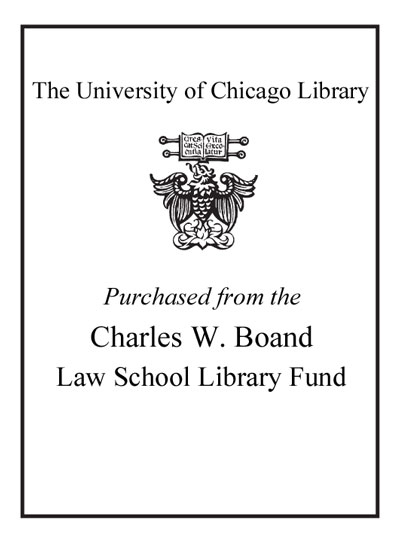Review by Choice Review
Lollini (Univ. of Bologna, Italy) describes the manner in which the complex constitution-making process in the Republic of South Africa was employed as a mechanism to create and solidify a new nationalism out of various ethnic, national, and political constituencies in the aftermath of the apartheid system in that country. Within the context of this larger analytic question, Lollini also addresses the way in which the Truth and Reconciliation Commission served as a means to draw the various components of South African society into accepting the new constitutional order. These relatively brief, though extensively documented, scholarly analyses draw on a body of European analytical perspectives that are, perhaps, not as commonly applied by US analysts. Within the context of constituent activity, Lollini's examination of the influence of the South African Constitutional Court is of particular note, as is his detailed analysis of the complexities of the relationship between the Truth and Reconciliation Commission and the criminal justice system. The work should be of considerable interest to specialists in South Africa and in the broader topic of political transition. Summing Up: Recommended. Graduate, research, and professional collections. C. W. Herrick Muhlenberg College
Copyright American Library Association, used with permission.
Review by Choice Review

